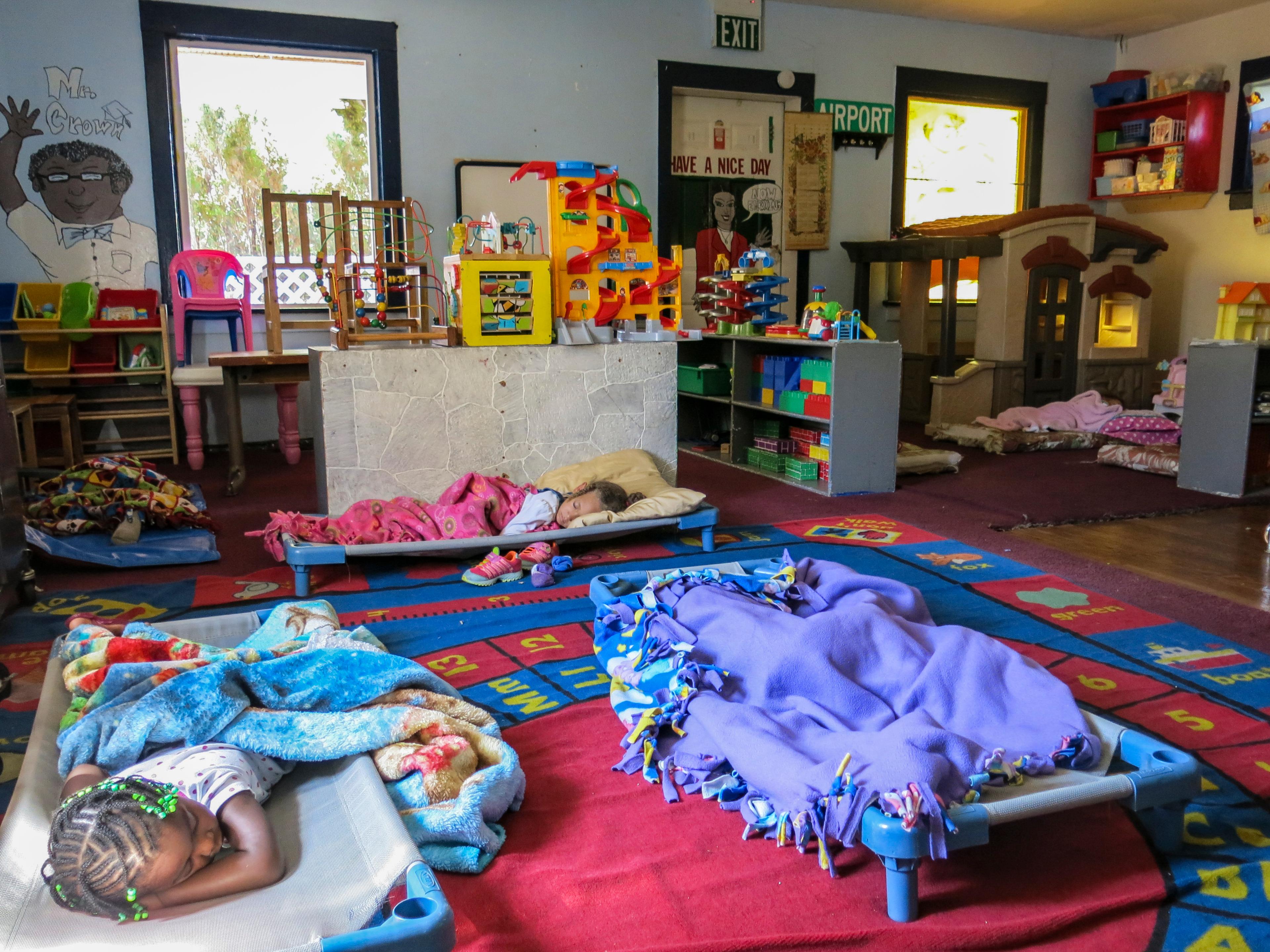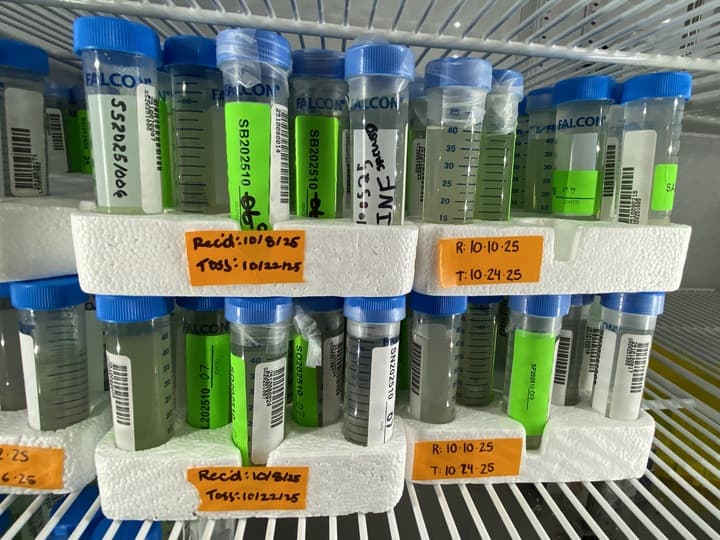
State lawmakers are officially at the halfway point of the 2015 legislative session. What needs to be done before the end of the session? Lawmakers will need to pass a balanced budget, and along the way grapple with some hot-button issues such as school testing requirements and police reforms.
"Most of the big work is ahead of us, what happens for the first half is kind of getting ready for it," said Senate President Bill Cadman (R-Colorado Springs).
While the session has been relatively quiet so far, lawmakers in both parties are bracing for a faster pace as they balance the budget and pass funding for K-12 schools and universities. In addition, Republicans want to address school safety. Democrats meanwhile plan to unveil a package of bills to put checks on law enforcement, such as increasing the use of body cams and banning choke holds.
For his part, Cadman is not sure if his party will back those measures.
"We have to be very cautious on that because frankly when you start talking about anything in that area, if it looks like you're vilifying the people that are the ones running in to save you when you're trying to leave a crisis. You better show some serious respect for them," said Cadman.
The rhetoric at the session's mid-point isn't surprising, as the two parties have debated a host of contentious issues from abortion rights to sex education in schools.
"What we've been doing is trying to fight rollbacks and repeals, and ideas that we think are a little scary and sort of fringe," said Senate Minority Leader Morgan Carroll (D-Aurora).
She cites Republican Party attempts to reduce the state's renewable energy standard and a parent's bill of rights. But with split legislative control, any controversial measures will not pass the other chamber.
Speaker of the House Dickey Lee Hullinghorst (D-Boulder) points out that the state's Democrats are "not going backwards."
"We've had personhood bills. We've had bills to repeal gun safety legislation, we've had any number of bills like that. They go to state affairs, or any other committee of reference, and they die," said Hullinghorst.
Republicans note that it was their party that made the gains during the election, not the Democrats.
"Pushing the same bills we've pushed for the last few years, the Senate has obviously flipped and the House we picked up seats," said House Minority leader Brian DelGrosso (R-Loveland). "So obviously if the majority of Coloradans didn't like what we were pushing those numbers wouldn't have changed."
DelGrosso is looking to areas of agreement like school testing, workforce development for more training and internships to get people into good paying jobs, and efforts to fund key government programs such as public safety. But he's frustrated that a lot of GOP measures are failing.
"You know the kill committee, it is what it is," DelGrosse lamented. "We've seen 51 of our bills or 46 percent of Republican bills have gone to the kill committee, state affairs and they haven't really faired too well."
Kill committees don't always fall along party lines however. For instance, a bipartisan bill to provide long lasting contraception to low-income women and teens at risk for pregnancy is expected to easily clear the House. Even though a Republican representative is the main sponsor, Senate President Cadman said it's unlikely to pass the Republican controlled Senate.
"It just shows you that the magic number here isn't R, D and 1," said Cadman. "It's 33, 18 and 1 in any combination you can get it. I'm probably not personally supporting that bill."
Just because an idea is popular in one chamber doesn't guarantee ultimate passage.
In the end, the only constitutional requirement is for the legislature to pass a balanced budget. Even if that is all the Legislature accomplishes, Brian DelGrosso said the session wouldn't be a total loss.
"You look at the stacks of laws that are on the books right now," DelGrosso said. "I think there is a large group of folks who say, 'you know, if they don't get anything else done besides pass a budget, we might be OK.'"
Of course that won't happen with the high volume of bills still making their way through the statehouse. There are still questions around the tax payers bill of rights and marijuana tax revenues, along with moving forward with the legislative recommendations from the Governor's Oil and Gas Task Force.









